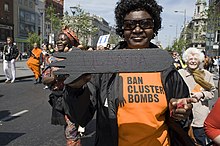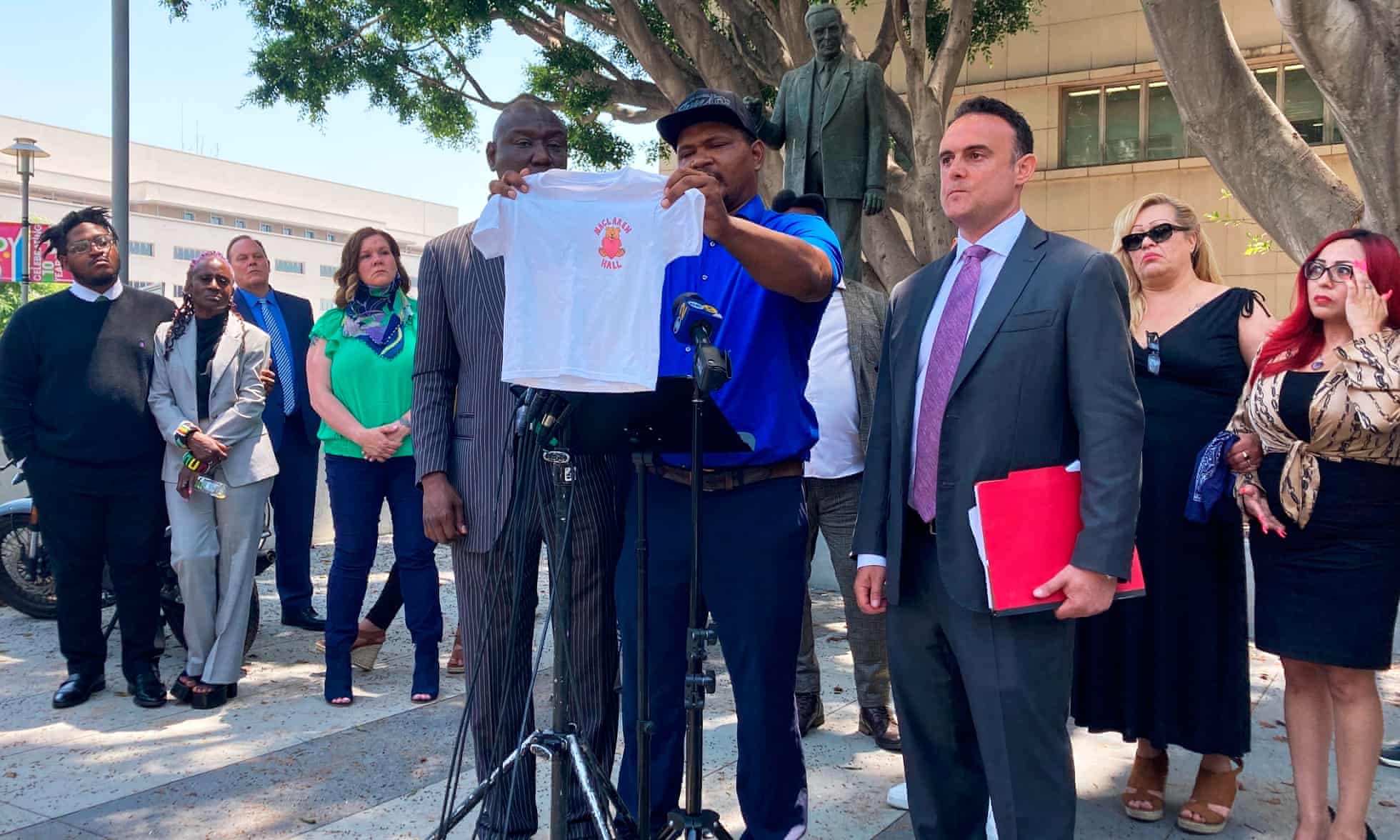 One of the world's largest insurances companies has blacklisted a trio of American cluster bomb manufacturers that have benefited from investment by British banks despite a growing global ban on the deadly weapons.
One of the world's largest insurances companies has blacklisted a trio of American cluster bomb manufacturers that have benefited from investment by British banks despite a growing global ban on the deadly weapons.
British insurer Aviva has created a "stop list" of 12 arms manufactures which include the US defence giants Lockheed Martin, Textron and Alliant Techsystems. All three companies have received hundreds of millions of pounds in investment from British high street banks.
Although cluster bombs have been banned by Britain, Barclays, HSBC and the state-owned Royal Bank of Scotland have been able to exploit a loophole which allows them to continue investing in cluster munitions manufacturers as long as they don't invest directly in the bombs themselves.
Arms campaigners want to see the loophole closed but the Coalition Government has so far balked at bringing in any legislation, insisting that the banks are perfectly capable at regulating themselves.
Barclays and HSBC have privately indicated their intention to withdraw from any future deals with Textron, a Rhode Island based arms conglomerate which makes the world's largest cluster bomb.
State-owned RBS, which has invested hundreds of millions in Alliant and Lockheed, does not accept that either company is a cluster bomb manufacturer, because it disputes the definition used by campaigners.
But Aviva, the world's sixth largest insurance company, has placed Textron, Alliant and Lockheed on their arms black list. In December last year Aviva executives wrote to a host of defence companies around the world seeking assurances that they were not involved in the production of cluster munitions or key components. Those who failed the test or refused to respond were blacklisted, meaning Aviva will not invest any of its own money in those companies.





 Ukraine's President Volodymyr Zelenskiy confirmed for the first time on Monday that Ukrainian troops have been...
Ukraine's President Volodymyr Zelenskiy confirmed for the first time on Monday that Ukrainian troops have been... Los Angeles county has reached a $4bn agreement to settle nearly 7,000 claims of sexual abuse...
Los Angeles county has reached a $4bn agreement to settle nearly 7,000 claims of sexual abuse...






























